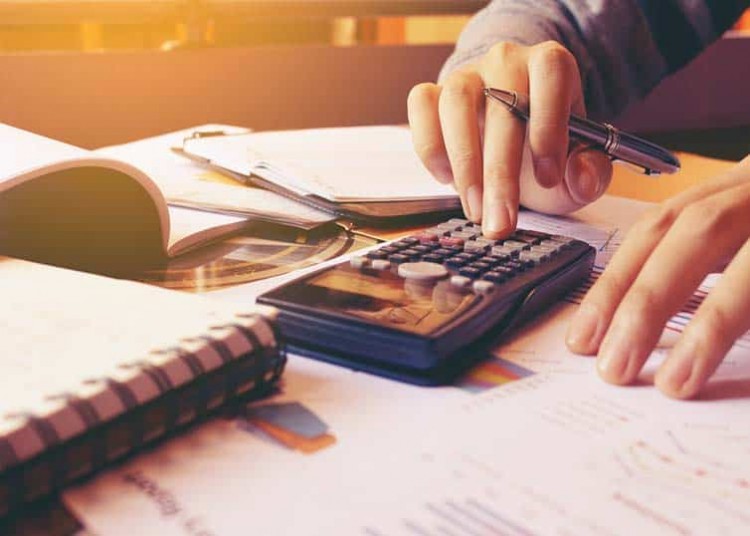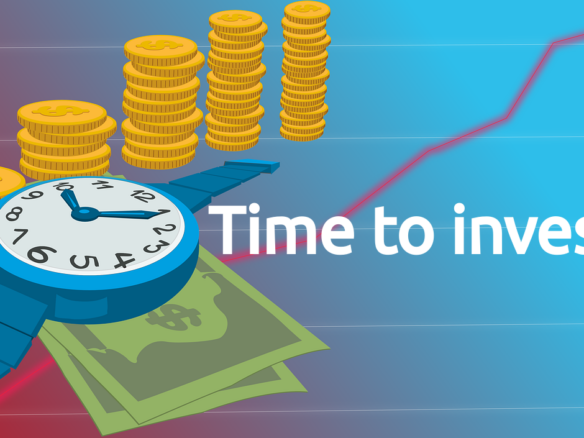Whether you’re planning to sell your home or just want to know more about its current value, a property valuation will give you all the information you need.
At a basic level, a property evaluation is the process of getting an estimate of the worth of the property at the current time. If you’re a seller, the property valuation will tell you a fair asking price for your property before you put it on the market. For investors looking to enter the buy-to-let market, getting a property valuation or investment appraisal will help you to determine what the rent would be and what kind of yield a property would deliver.
In this article, we take a closer look at what kind of information goes into a property valuation and what are the best valuation methods you should know.
Property Valuation Methods
First, let’s look at some of the best methods to determine a property value estimate and when they might be used.
● Comparison Method
This compares your property to other similar properties in the market to find its value. It’s based on the assumption that you would obtain the same price in the marketplace with a few adjustments for the difference in assets like size and age etc. As this method is directly linked to market transactions, it’s a good way to get an insight into what your property is worth.
● Investment Method
Buy-to-let investors are looking for property that can generate income through lease payments. The investment method calculates the value of a property by looking into future cash flow. It calculates future revenue minus expenses of the property like repairs, maintenance, mortgage payments etc. Usually, comparable property transactions are used to find the revenue if the property is not currently rented out.
● Residual Method
This method is normally used to value vacant land or property with development potential. It is calculated by taking the gross development value minus the cost of the development to get the land value. The residual sum helps a developer or investor understand the capital they can spend on a property. Due to the large number of variables, this property value estimate method is quite time consuming and can be challenging to determine.
How do I Value my Property?
When you ask yourself “How much is my property worth”, the best way to go is to get an idea yourself, do your research, before hiring an official valuator. You can get a good indication of its worth by considering the asking price of homes selling in your area, previous selling price, the location and national property market trends.
Here are a few steps you can take to get a better indication of the market value of your property:
● Find out how much similar properties sold for
You can check the selling price of properties in locations across the UK on sites like Zoopla, which use data from the Land Registry to show how much a property went for in a certain area.
● Get up to date on the property market
Get an overall view of the current property trends of the UK market. You can look at reports from large real estate service providers like Savills to understand current and projected property price trends.
● Understand trends in your local area
When it comes to property, location plays a big factor in its value. Is it in a desirable area, close to amenities and transport links? Consider that areas undergoing regeneration are likely to experience rising property prices. For example, places like Leeds and Brackell are undergoing major regeneration thanks to incoming investment, increasing job opportunities, population growth and house values.
How is a Property Valuation Undertaken?
If you hire an expert to undertake a property evaluation, typically they behave like a prospective buyer. Their assessment will be based on factors like the land the property is on, size and location and future development potential. The age and condition of the property will also be taken into consideration and impact its valuation.
What Does a Property Valuation Involve?
In a house valuation, a real estate valuator will undertake an internal and external inspection of the property. Inside, they’ll look at things like its size, age, the number of rooms, layout, fitting and features and condition. Externally, they’ll assess things like accessibility, the external space such as a garden and garages and any other important features.
This article has covered the best property valuation methods worth knowing and outlined key information you should look for to determine the value of your home. Whether you’re looking to sell a property or understand the buy-to-let value of a potential investment, a property valuation is a key step in the process.




